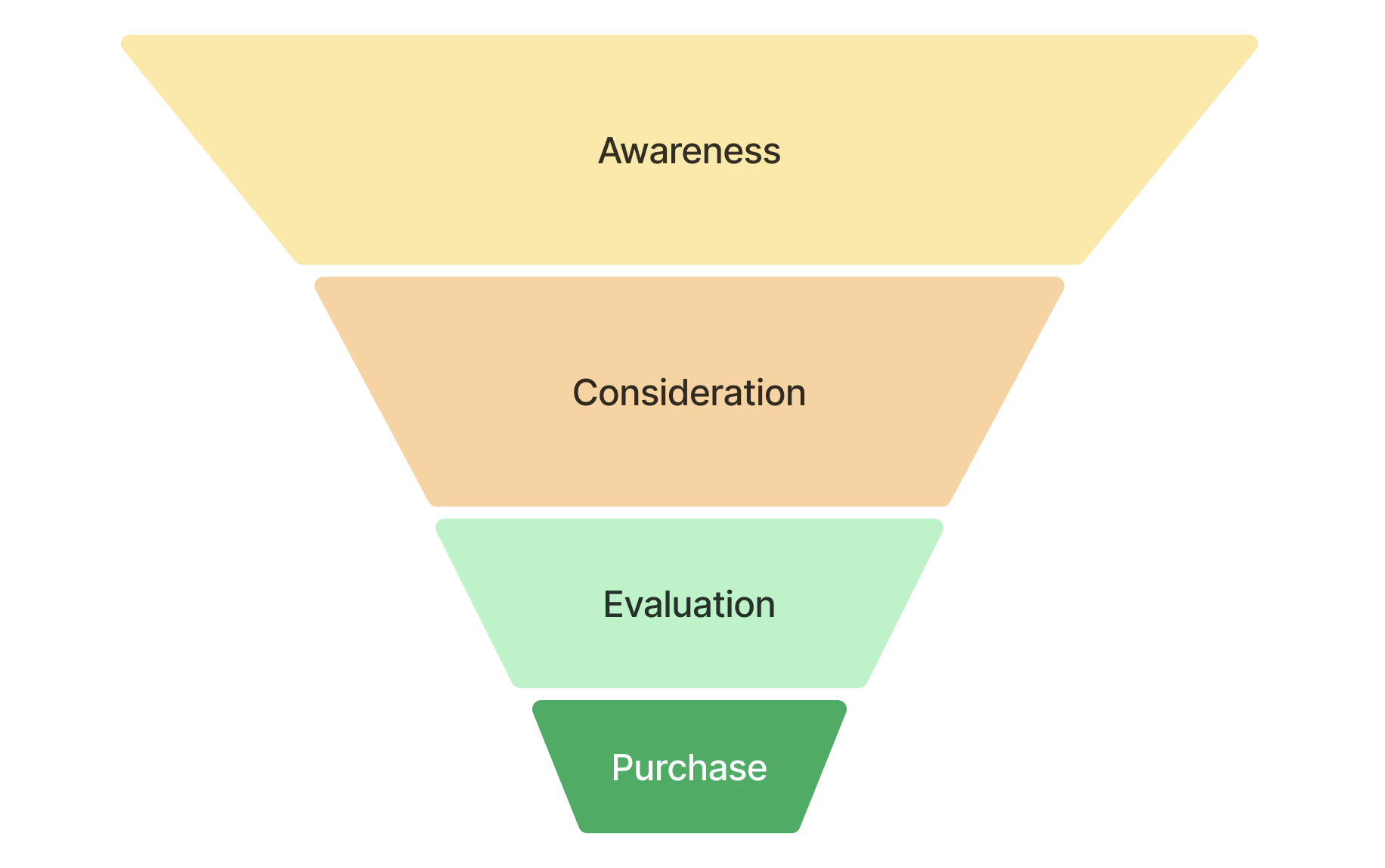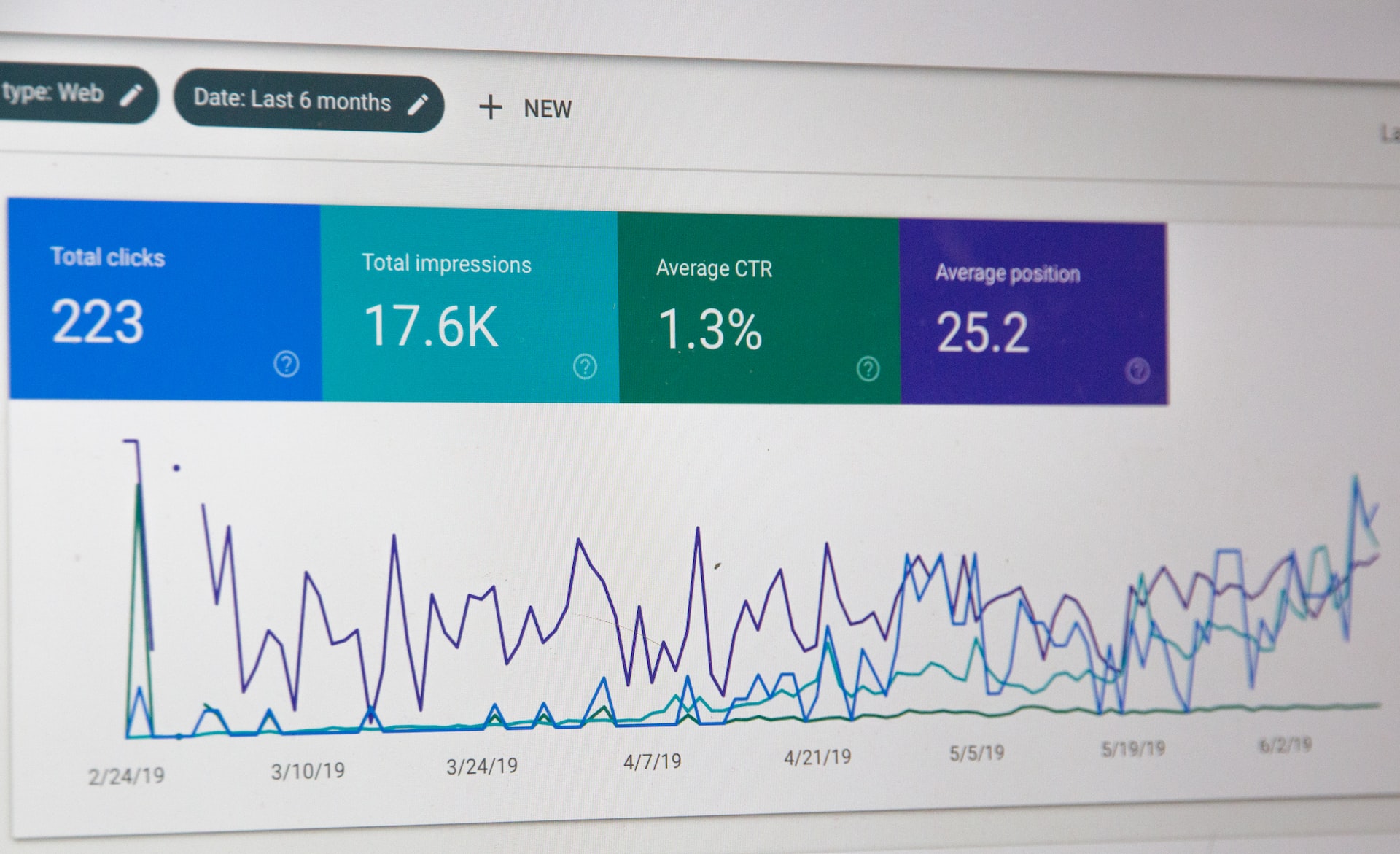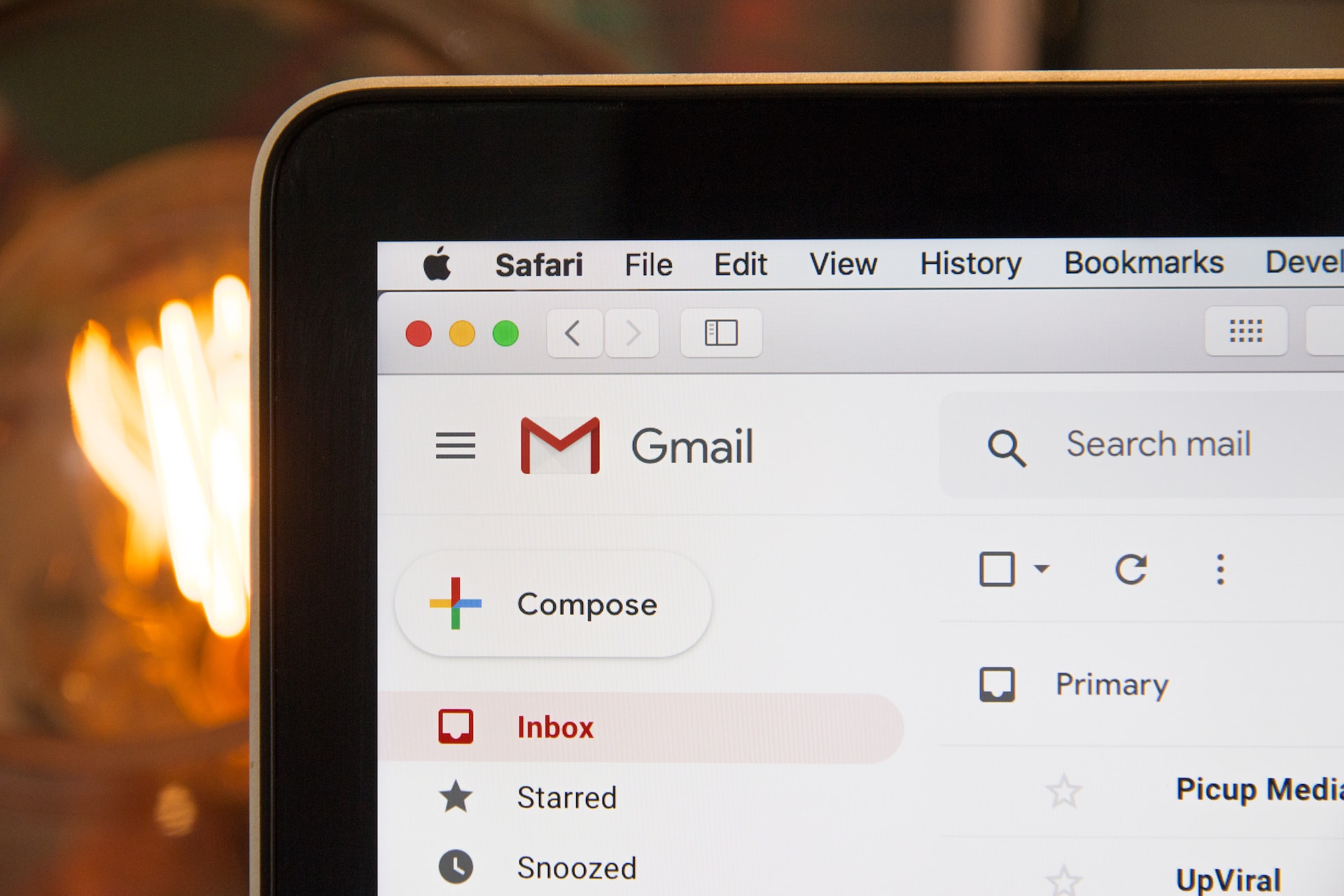Marketing conversion funnels, also known as purchase funnels or sales funnels, are essential tools for businesses to understand and optimize in order to increase the likelihood of converting website visitors into paying customers.
What is the conversion funnel?
A marketing funnel is essentially a
visual representation of the customer journey, from awareness of a product or service to purchase. The stages of a marketing funnel may vary but typically include awareness, consideration, evaluation, and purchase. By understanding and analyzing each stage of the marketing funnel, businesses can identify areas for improvement and implement strategies to increase conversions.

In this article, we’ll discuss these marketing funnel stages and provide examples of marketing funnels. We will also discuss the secret to a strong marketing and sales funnel and how businesses can optimize their own marketing conversion funnel to drive more sales.
Marketing Funnel Stages
The stages of a traditional marketing funnel typically include awareness, consideration, evaluation, and purchase.

Awareness
This is the first stage of the marketing funnel, where the
customer becomes aware of the brand. At this stage, the customer may not yet have a problem that the product or service solves, but they have become aware of its existence through digital marketing efforts such as
advertising,
social media, or
content marketing. The goal of the awareness stage is to get the customer interested in the product or service and consider it as a potential solution to their problem.
Consideration
At the consideration stage of the customer's journey, the customer has identified a problem or need and is actively seeking potential solutions. The middle of the funnel is where the customer begins to research and compare different options. The goal of the consideration stage is to get the customer to include the business's product or service on their shortlist of potential solutions.
Evaluation
At the evaluation stage of the marketing funnel, the customer has narrowed down their options and is actively considering the pros and cons of each potential solution. They may compare prices, features, and customer reviews to determine the best fit. The goal of the evaluation stage is to get the customer to choose the business's product or service over the competition.
Purchase
At this stage of the funnel, the customer has made a decision and is ready to buy the product or service. This is where the actual transaction takes place. The goal of the purchase stage is to make the process as seamless and convenient as possible to increase the likelihood of a successful sale.

Conversion Funnel Examples
Now that we've covered how a marketing conversion funnel works and the different stages involved, let's take a look at some examples of marketing funnels from top companies:
Amazon’s Conversion Funnel
Amazon is a master of the funnel, with seamless marketing tactics that take leads from awareness to purchase in just a few clicks. The company's website is designed to make it easy for prospective customers to browse and discover products, with recommendations and related items displayed prominently.
Once a customer has found a product they are interested in, they can easily compare prices, read customer reviews, and make a purchase. Amazon also uses
email marketing and targeted advertising to encourage repeat customers and build customer loyalty.
Airbnb’s Conversion Funnel
Airbnb's marketing funnel is centered around its website and mobile app, which make it easy for customers to search for and book accommodations. The company also uses sleek social media and content marketing campaigns to raise awareness of its offerings and attract new customers.
When a customer has found a listing they are interested in, they can easily review the details, read reviews from past guests, and book their stay. Airbnb
benefits from strong network effects. The platform provides more value with repeat use, which creates loyal customers.
HubSpot’s Conversion Funnel
For those who are ready to make a purchase, the company offers a variety of pricing plans and makes it easy for customers to upgrade or downgrade as needed. HubSpot also uses email marketing and in-app messaging to nurture leads and encourage conversions.
Nike’s Conversion Funnel
Nike's marketing campaign drives customers to its ecommerce website and physical stores, but the company also uses a variety of other channels to raise awareness and drive sales. These include social media, content marketing, influencer marketing, and targeted advertising.
When customers visit the Nike website, they can easily browse and discover products, read product reviews, and make a purchase. The company also uses email marketing and loyalty programs to keep customers engaged and encourage repeat purchases. Direct communication with each paying customer keeps them coming back.

Attract Potential Customers With A Strong Marketing Funnel
So, what is the secret to a strong marketing funnel? While there is no one-size-fits-all answer, there are a few key factors that contribute to a successful marketing conversion funnel.
A clear understanding of your target audience
It is important for businesses to have a deep understanding of their target demographic's needs, wants, and behaviors. This helps businesses tailor their marketing efforts to the right people and increase the likelihood of conversions.
A seamless customer journey
A smooth and seamless customer experience is crucial for driving conversions. This includes making it easy for customers to find what they are looking for, providing helpful and relevant information, and streamlining the purchase process.
Relevant and engaging content
Content is a key part of the marketing funnel, as it helps to educate and inform potential customers about the product or service. It is important for businesses to create relevant and engaging content that speaks to the needs of their buyer personas and helps move them to the next funnel stage.
Successful marketing teams use many different types of content. Analyze your marketing funnel metrics to determine what type of content makes the most sense for you, whether it's a blog post, social media campaign, or even paid ads.
Optimization and testing
The marketing funnel is not a set-it-and-forget-it proposition. It is important for businesses to continuously optimize and test different elements of their marketing funnel to see what works and what doesn't. This can involve A/B testing different versions of landing pages, email campaigns, or ads to see which ones perform the best.

Customer retention
The best marketing funnel has a clear and inviting path for existing customers to purchase again. A loyalty program with deals for previous customers is a popular approach to this. Make sure to continuously measure customer satisfaction and improve your customer journeys, as happier customers are more likely to return.
How to Measure the Success of Your Marketing Funnel
To determine if your marketing funnel has been successful, you'll need to collect both qualitative data and quantitative data. This will help you determine which aspects of your marketing funnel are most successful, as well as where you can improve.
Here are a few metrics to measure the success of your purchase funnel. Tools like Google Analytics can help you keep track of these metrics.
Conversion rates
Your conversion rate is the percentage of leads that ultimately become customers. Measuring your conversion rates is one of the best ways to determine whether or not your lead generation is moving people through the evaluation stage effectively.
There are many different ways to measure conversion rate. You can measure your combined conversion rate across all marketing channels, or measure conversion for a specific channel. Comparing conversion rates across channels will help you determine which strategies are most effective.
Web traffic
Measuring your web traffic will help you determine whether or not your marketing efforts are moving prospective customers from the awareness stage to the consideration stage. Be sure to track where your web traffic comes from so you can determine which ads and marketing strategies are most effective.
Social media engagement
If social media is a major part of your advertising strategy, be sure to measure your engagement and compare it to your conversion rates. This will help you determine which types of posts are most effective.
Marketing conversion funnels are essential tools for businesses looking to increase conversions and drive sales. By understanding the stages of the marketing funnel and optimizing each stage for their target audience, businesses can create a
strong and effective marketing funnel that drives results.











